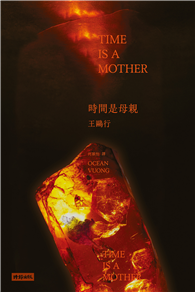I. M. Pei (1917-2019) was one of the world’s most influential architects. Born and raised in China, Pei trained and worked in the United States, establishing a practice that spanned seven decades and multiple continents. His legacy includes the realization of some of the most high-profile projects of the late twentieth and early twenty-first centuries, from the modernization of the Louvre in Paris to the design of the Museum of Islamic Art in Doha.
Going beyond the usual building-by-building format of most architectural monographs, I. M. Pei: Life Is Architecture is organized thematically, exploring Pei’s life and work through six topics that were central to his unique approach to architecture: transcultural identity, urban redevelopment, art and civic form, material and structural innovation, politics and patronage, and regenerating cultural and historical archetypes. Bringing together previously unpublished archival materials, specially commissioned essays, new photography, and personal contributions from those who knew and worked with Pei, this book presents both celebrated and lesser-known aspects of the architect’s life and career while solidifying his position in architectural history and popular culture.










